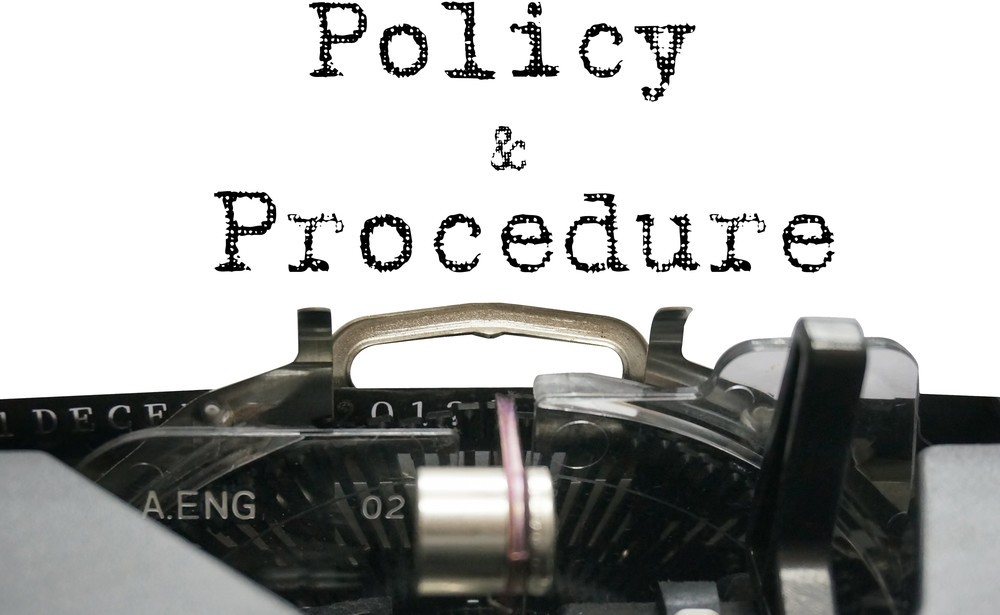SEC Amends Related Party Disclosure Rules – Going Public Lawyers

Annual reports on Form 10-K are just around the corner for companies with a December 31, year-end. We have received several questions concerning recently adopted Public Company Accounting Oversight Board (PCAOB) Auditing Standard No. 18, Related Parties. The new rule applies to all issuers and SEC registered broker-dealers and become effective for audits of financial statements for fiscal years beginning on or after December 15, 2014. The new rules are designed to increase auditor identification and evaluation of companies’ significant unusual transactions and to enhance understanding of companies’ financial relationships and transactions with their executive officers.
Related Party Disclosures
The amendments to Auditing Standard No. 18 requires the auditor to evaluate whether the issuer correctly identified its related parties and its relationships and transactions with related parties.
Additionally, the issuer must perform specific procedures:
- to acquire an understanding of the issuer’s relationships and transactions with related parties. The new procedures must be performed along with the auditor’s risk assessment procedures under Auditing Standard No. 12, Identifying and Assessing Risks of Material Misstatement;
- if the auditor determines the existence of a related party, relationship or transaction that management failed to disclose; and
- for each related party transaction that is either required to be disclosed in the company’s financial statements or determined to be a significant risk.
The new rules require the auditor to communicate with the issue’s the audit committee concerning its evaluation of the issuer’s identification of, accounting for and disclosure of related party relationships and transactions, and other related significant.
Significant Unusual Transactions
The SEC approved amendments to AU sec. 316, Consideration of Fraud in a Financial Statement Audit, and other related auditing standards. The amendments are designed to strengthen the auditor’s performance requirements for the identification and evaluation of significant unusual transactions.
The amendments, among other things, require the auditor to perform significant procedures to:
- identify significant and unusual transactions; and
- obtain an understanding of, and evaluate, the business purpose of identified significant unusual transactions.
Auditors should consider additional factors in evaluating whether significant and unusual transactions may have been entered into, to engage in fraudulent financial reporting, or to conceal misappropriation of assets.
Financial Relationships and Transactions with the Issuer’s Executive Officers
Auditing Standard No. 12, Identifying and Assessing Risks of Material Misstatement was also amended in order to increase the auditor’s attention on incentives and/or pressures of an issuer to achieve or maintain a particular financial position or operating result. As part of the audit risk assessment process, the auditor is now required to perform procedures to gain an understanding of the company’s financial relationships and transactions with its executive officers.
For more information about this securities law blog post, please contact Brenda Hamilton, Securities Attorney at 101 Plaza Real S, Suite 202 N, Boca Raton, Florida, (561) 416-8956. This securities law blog post is provided as a general informational service to clients and friends of Hamilton & Associates Law Group and should not be construed as, and does not constitute legal advice on any specific matter, nor does this message create an attorney-client relationship. Please note that the prior results discussed herein do not guarantee similar outcomes.
Hamilton & Associates | Securities Lawyers
Brenda Hamilton, Securities Attorney
Going Public Lawyers
101 Plaza Real South, Suite 202 North
Boca Raton, Florida 33432
Telephone: (561) 416-8956
Facsimile: (561) 416-2855
www.SecuritiesLawyer101.com






